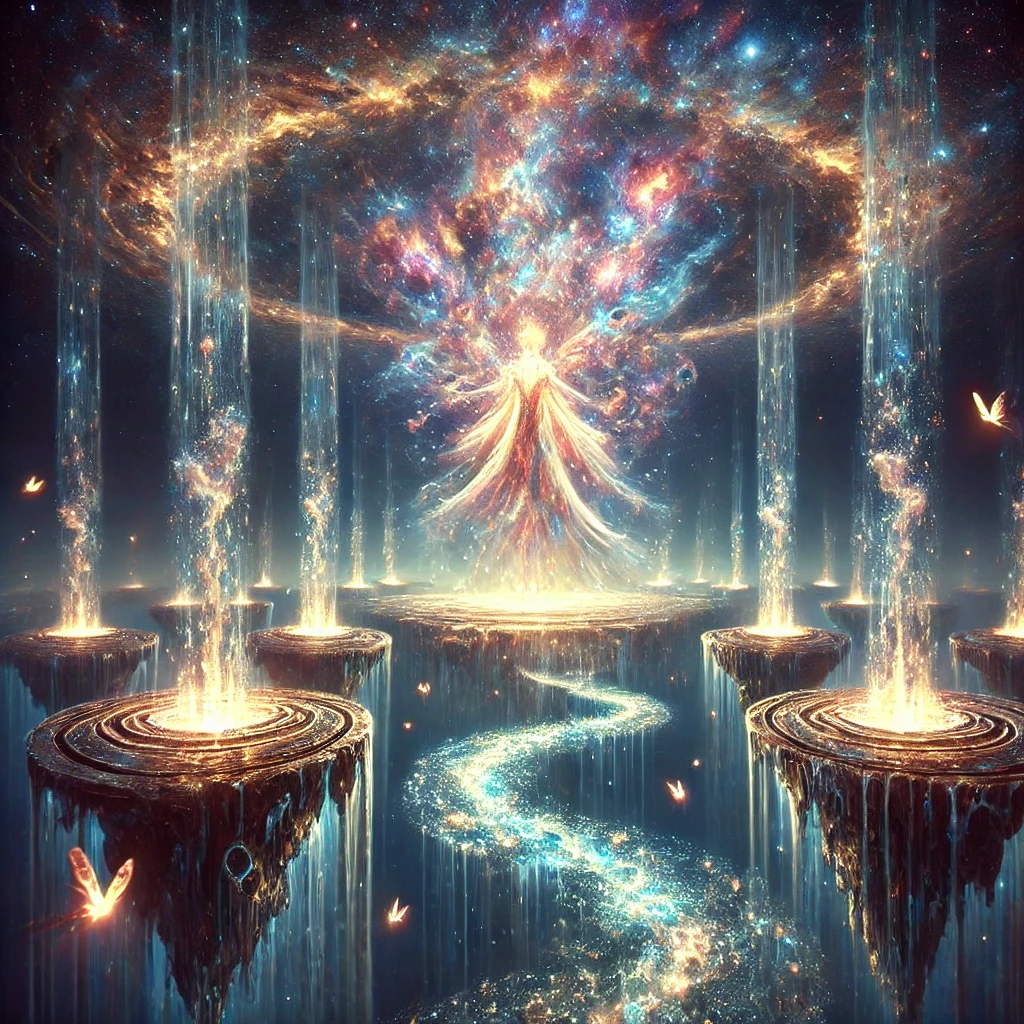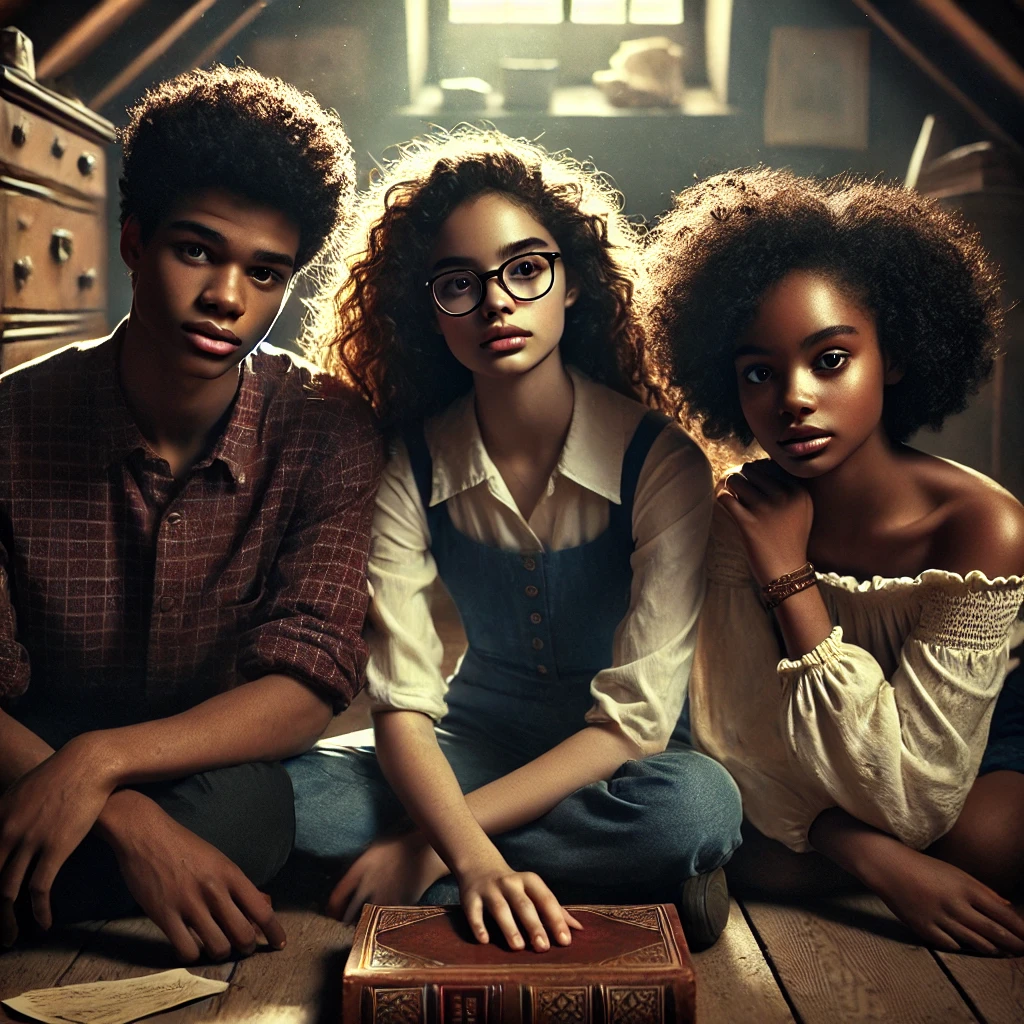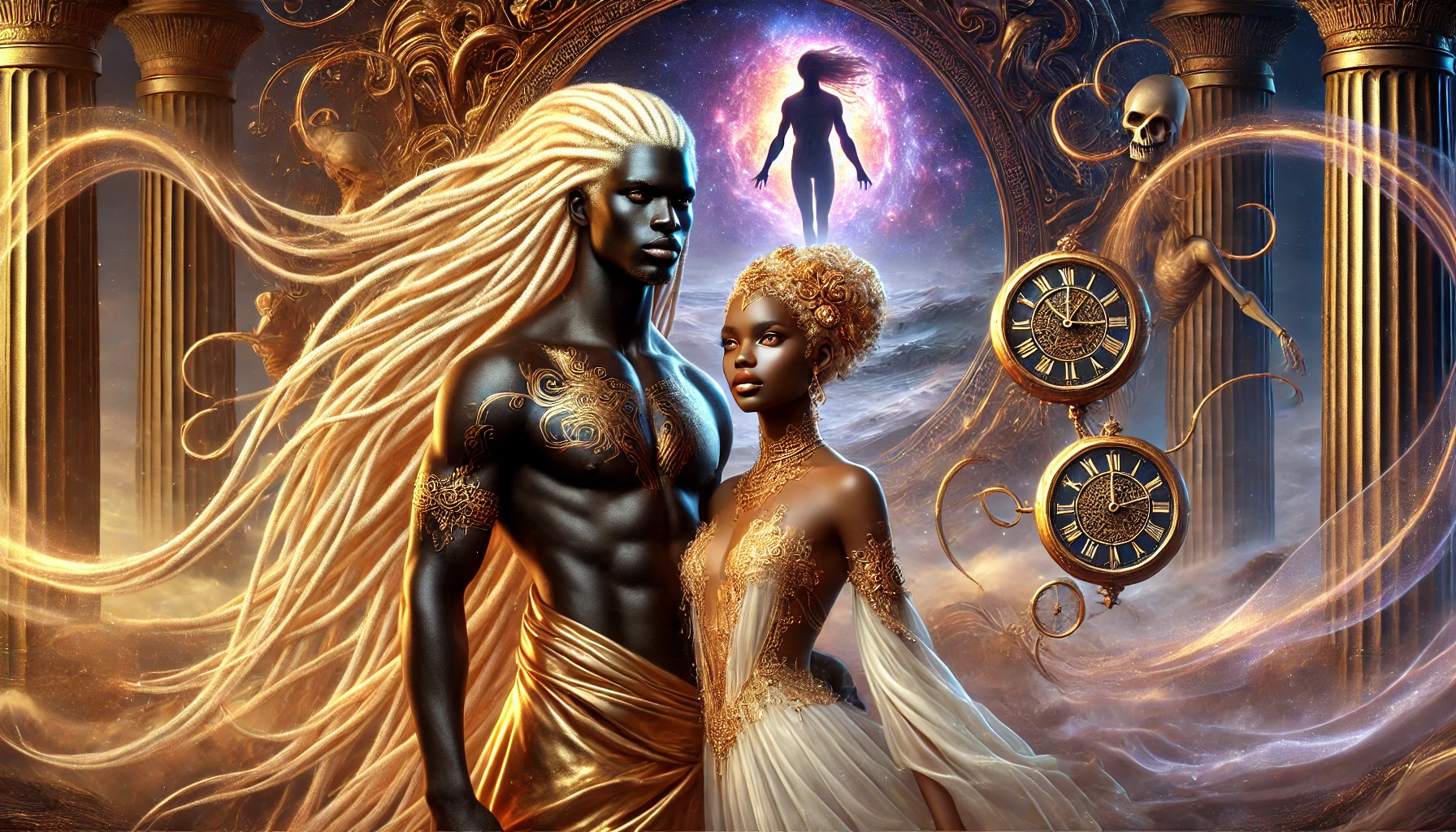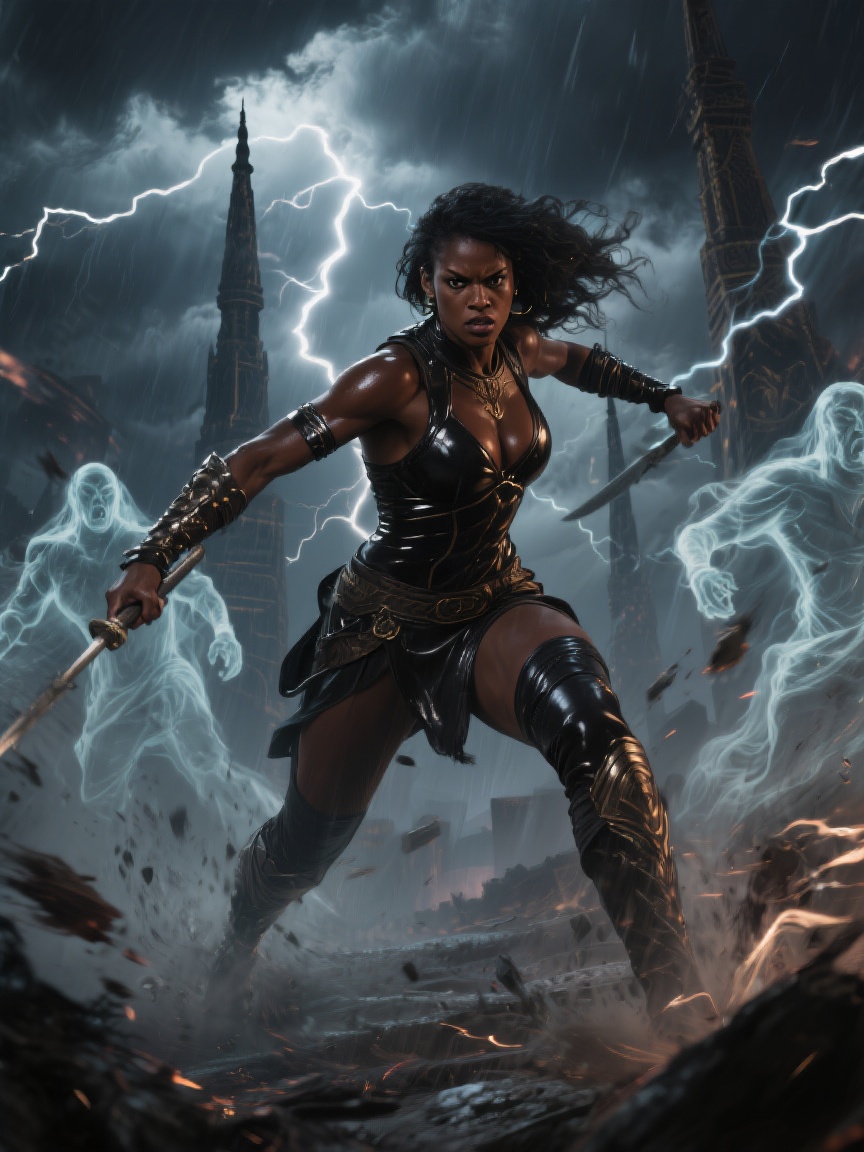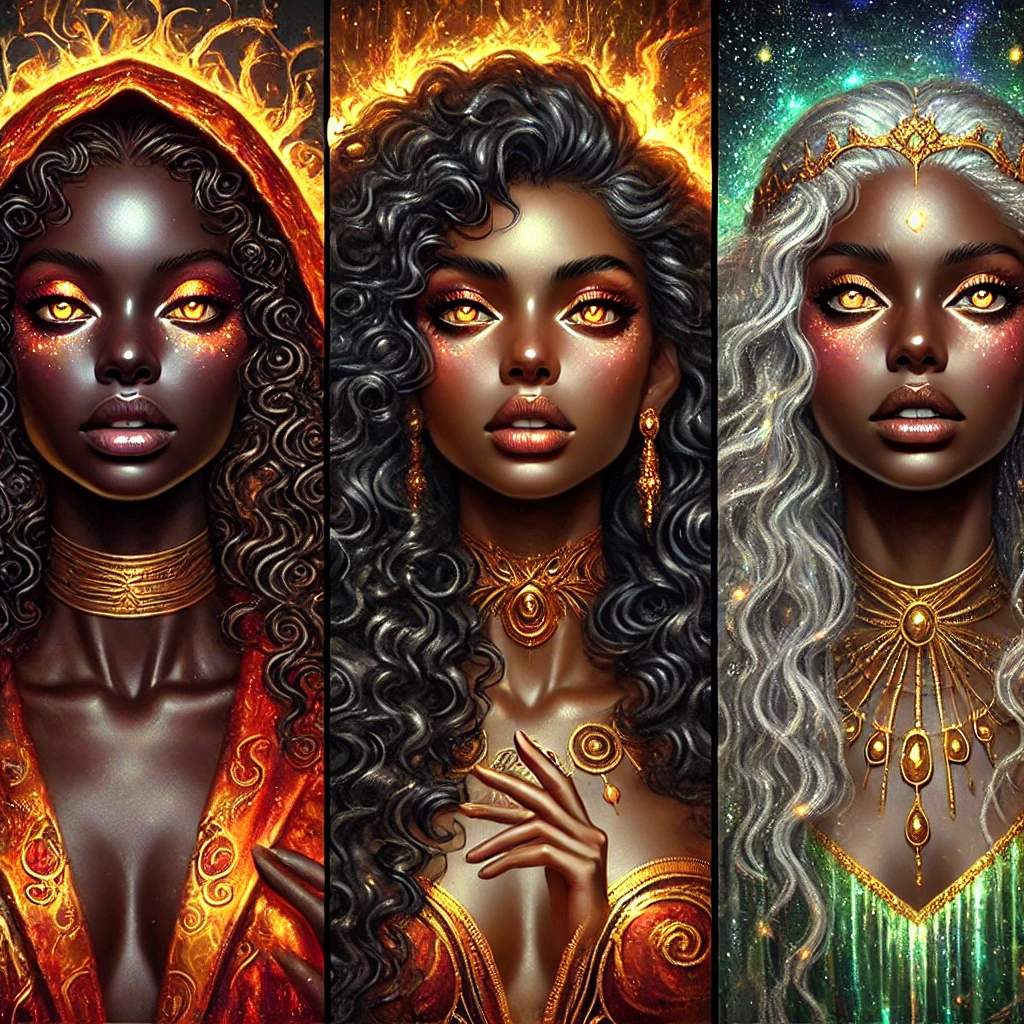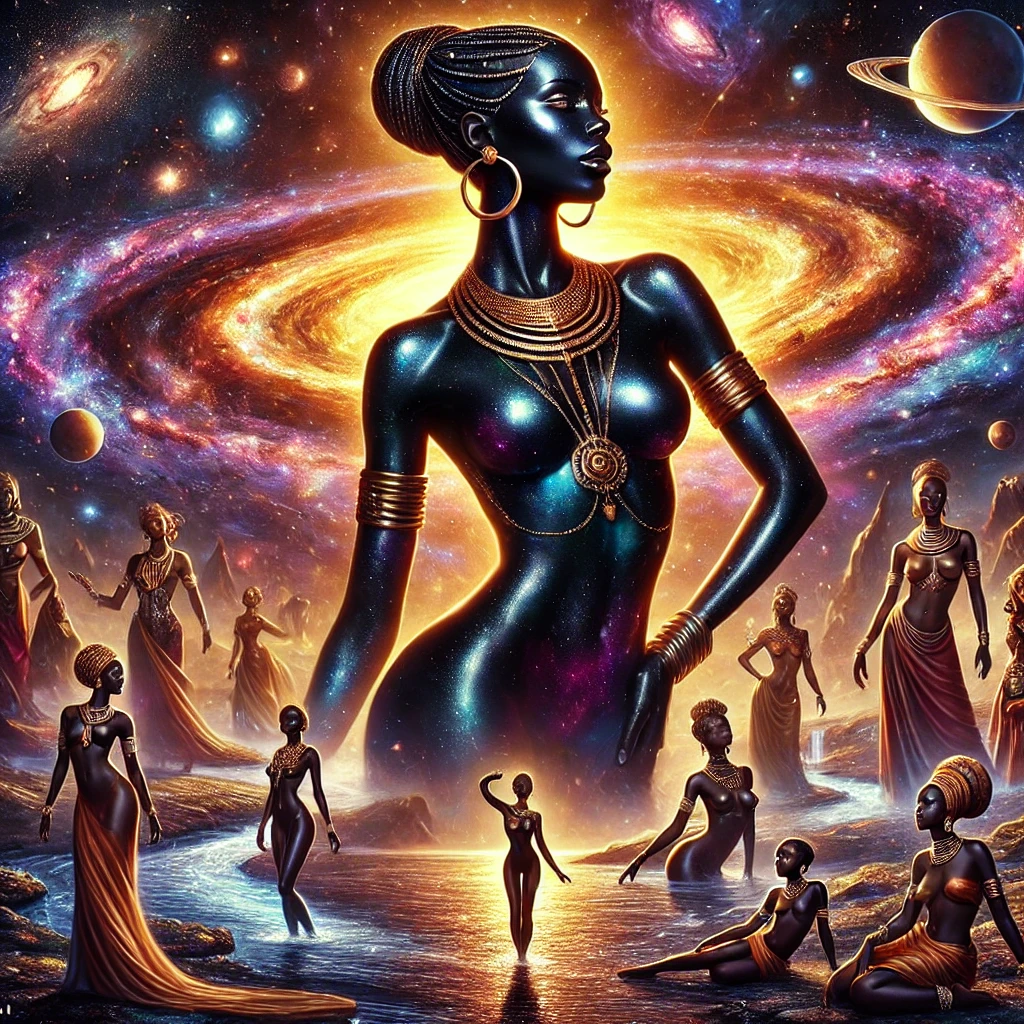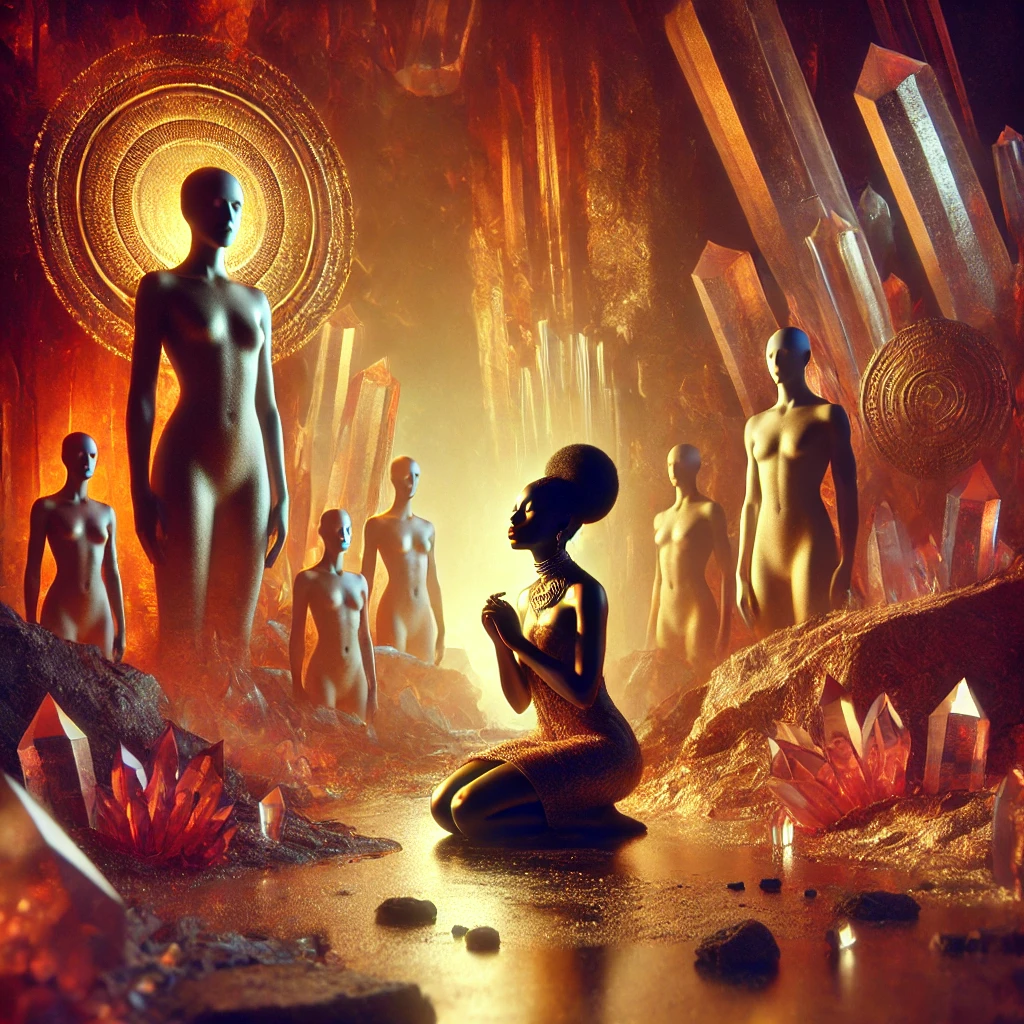The Four Ages: Book One – The Source
That’s a solid architecture for a three-part novel; to make it usable, we can first build a framework showing how those numbers fit together and what happens at each scale. I’ll write this as a working outline you can fill with prose later. Title Placeholder: The Four Ages: Book One – The Source Length: … Read more
